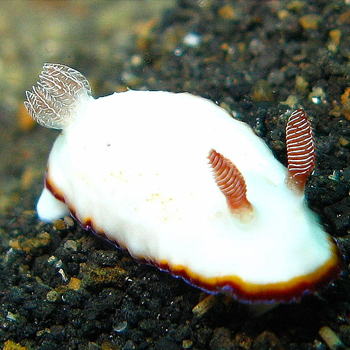Do polar solutes dissolve easily in water?
1 Answer
Generally speaking, yes.
Explanation:
"Likes dissolve likes" as the expression goes. Water, a polar solvent, can dissolve polar solutes easily. Ionic compounds and most polar molecules will dissolve in water.
Polar solutes that contain N-H and O-H bonds can hydrogen bond to water. An example of an O-H bond is methanol (
An example of an N-H bond is methyl amine (
Not all polar molecules dissolve easily. Sugar can take a long time to dissolve, but ionic compounds take less time. This is due to its dissociation (Van't Hoff) factor. The dissociation factors tells you how many ionic species a compound or molecules can give. For molecules like sugar, it is 1. It is dependent on the ionic compound. For example, it would be 2 for NaCl and 5 for
Note that not all polar molecules dissolve in water. Some molecules are immiscible, meaning they cannot mix together. An examples of this is oil and water. Ethers (such as diethyl ether,

